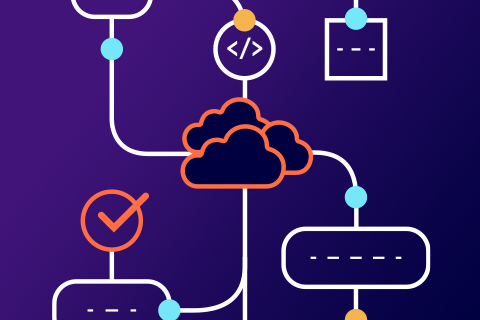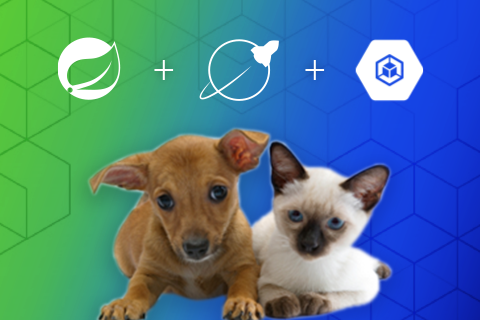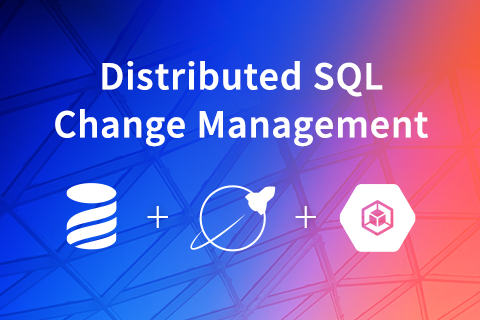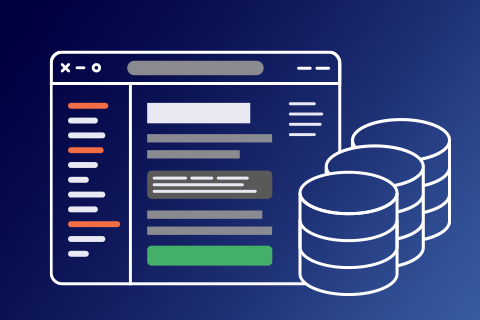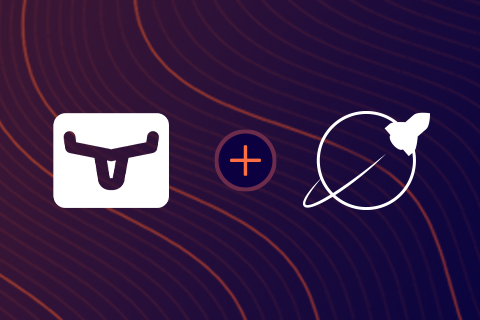Getting Started with Hasura GraphQL Remote JOINs on Multi-Cloud Distributed SQL
Remote joins in Hasura GraphQL extend the concept of joining data across tables, to being able to join data across tables and remote data sources. In this blog post we are going to demonstrate this capability by configuring the following set up.
- A 3 node YugabyteDB cluster running on GKE with a Hasura GraphQL Engine attached
- A 3 node YugabyteDB cluster running on AKS with a Hasura GraphQL Engine attached
- A Remote Schema and Remote Relationship configured
- The ability to issue GraphQL queries that join data from two different databases,
…
